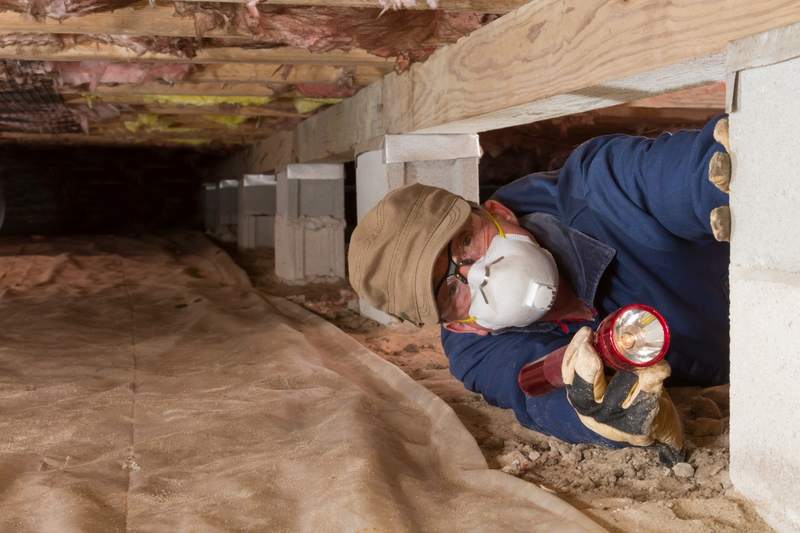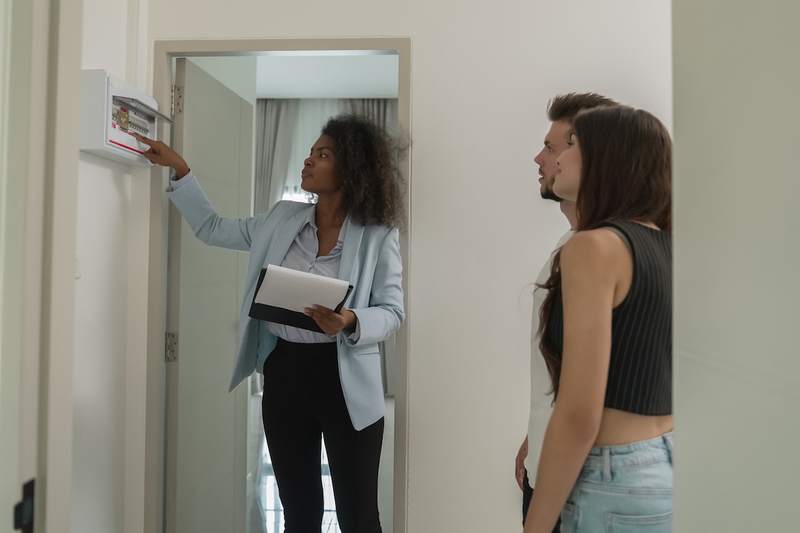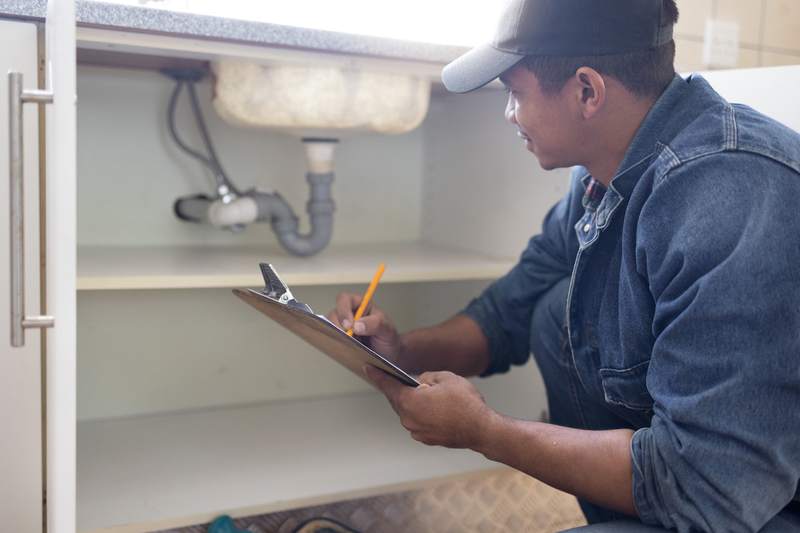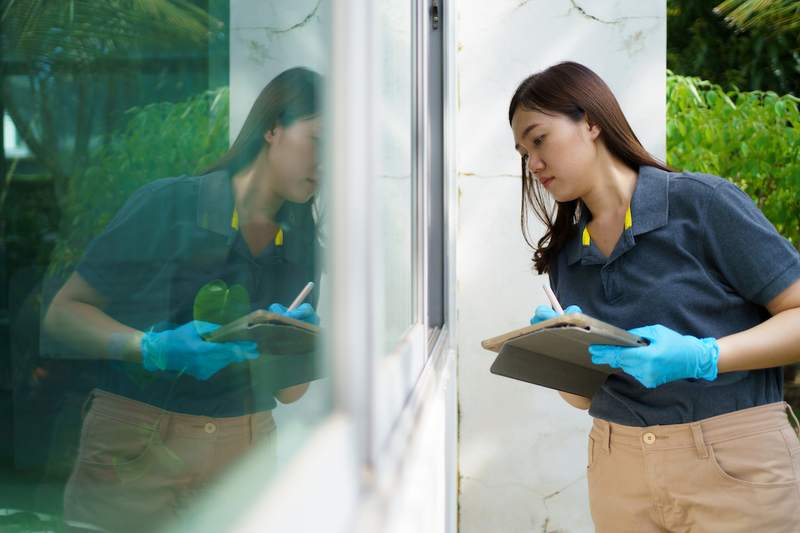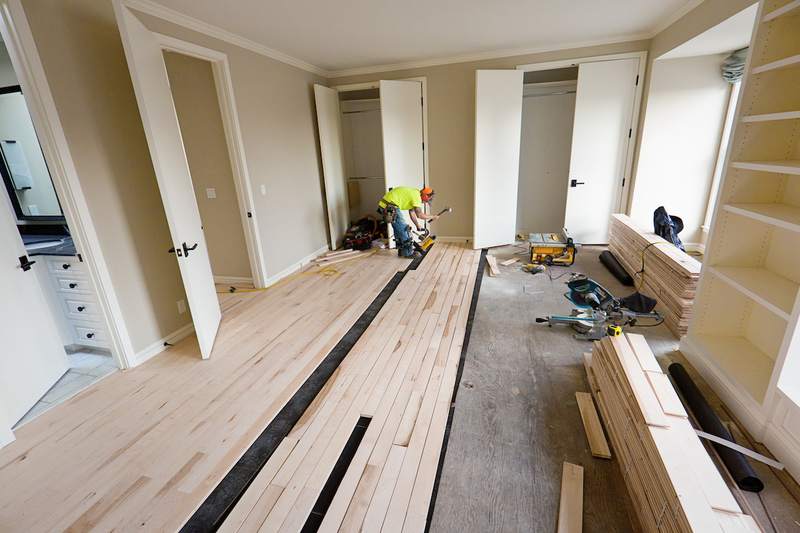
When you make an offer on a house, it’s common to include an earnest money deposit to show the seller that you have the resources to close the sale. Putting down earnest money also shows your offer is serious, and can help it stand out from competing bids.
But how do you know how much earnest money to put down?
Is Earnest Money Required?
There’s no legal requirement or industry convention that requires earnest money. Buyers can decide for themselves whether to offer earnest money, and if so, how much.
How Much Earnest Money Is Enough?
Buyers typically offer a deposit of 1% to 3% of the purchase price. Some buyers offer as much as 10% to get the seller’s attention.
When deciding how much to offer, consider how much you need to offer to show the seller you’re serious. This is especially important if you’re facing competition from other bidders.
Remember, if the sale goes through, the earnest money can be applied to your down payment and closing costs. But if you cancel for a reason not covered by a contingency in your sales contract, you can lose your earnest money deposit.
When Is Earnest Money Due?
Once the seller accepts your offer and both parties sign a purchase agreement, it’s time to make your deposit. Earnest money usually is due three days after signing a purchase agreement or sales contract.
How is earnest money paid?
Earnest money funds typically are paid via check or wire transfer into an escrow account managed by a third party.
Factors To Consider When You Put Down Earnest Money
Here are some factors to consider when deciding how much earnest money to offer.
Home price
The more expensive the home you’re bidding on, the more earnest money you’ll likely need to put down. For example, a 2% deposit on a $400,000 home would be $8,000, while a 2% deposit on an $600,000 home would be $12,000.
Market trends
An earnest money deposit is a common way to help your offer stand out from the crowd. It’s especially helpful in a competitive market, where sellers receive multiple bids on a home and the offer of earnest money could elevate your bid above a similar one with no earnest money. It’s less necessary in a buyer’s market, as sellers may struggle to get bids for their home and be willing to accept offers without earnest money.
Your interest in the home
If you’re considering more than one home to buy, it may make sense to offer a modest earnest money deposit. However, if your heart’s set on one home in particular, then you might want to make a larger deposit to increase your chances of the seller accepting your offer.
FAQ
Here are some frequently asked questions about earnest money.






